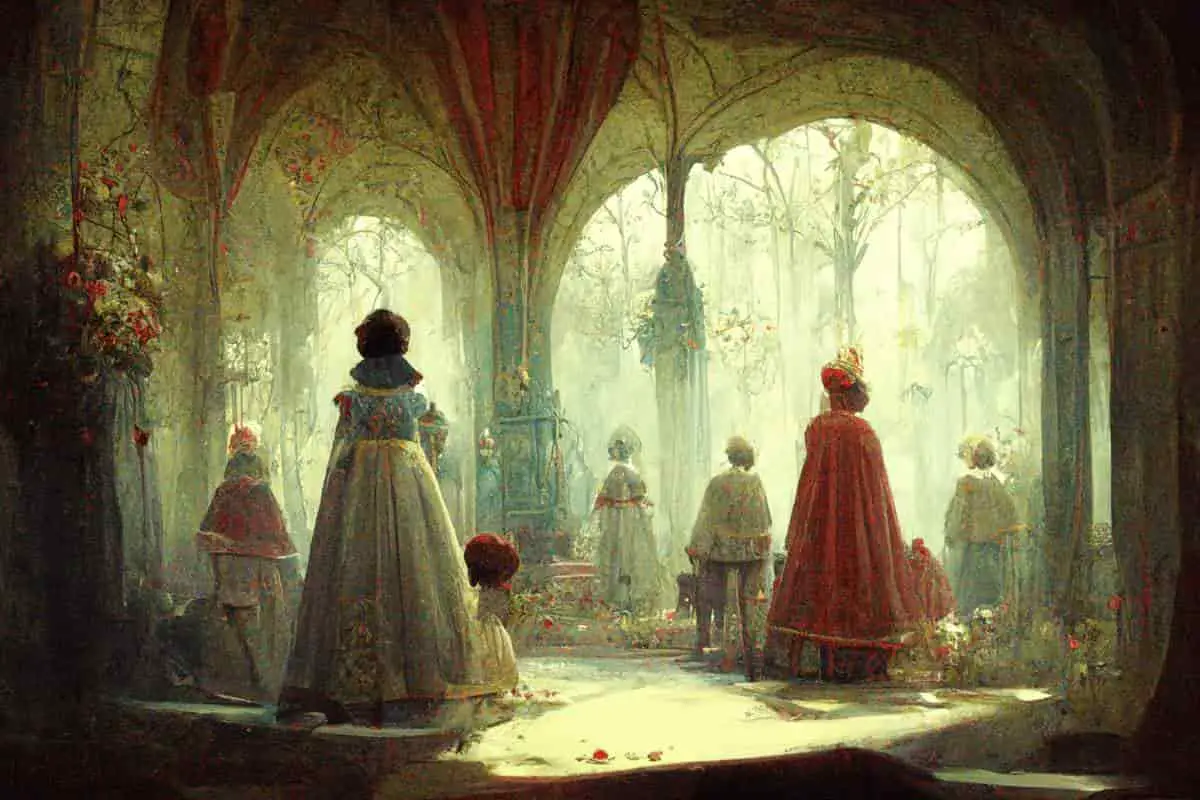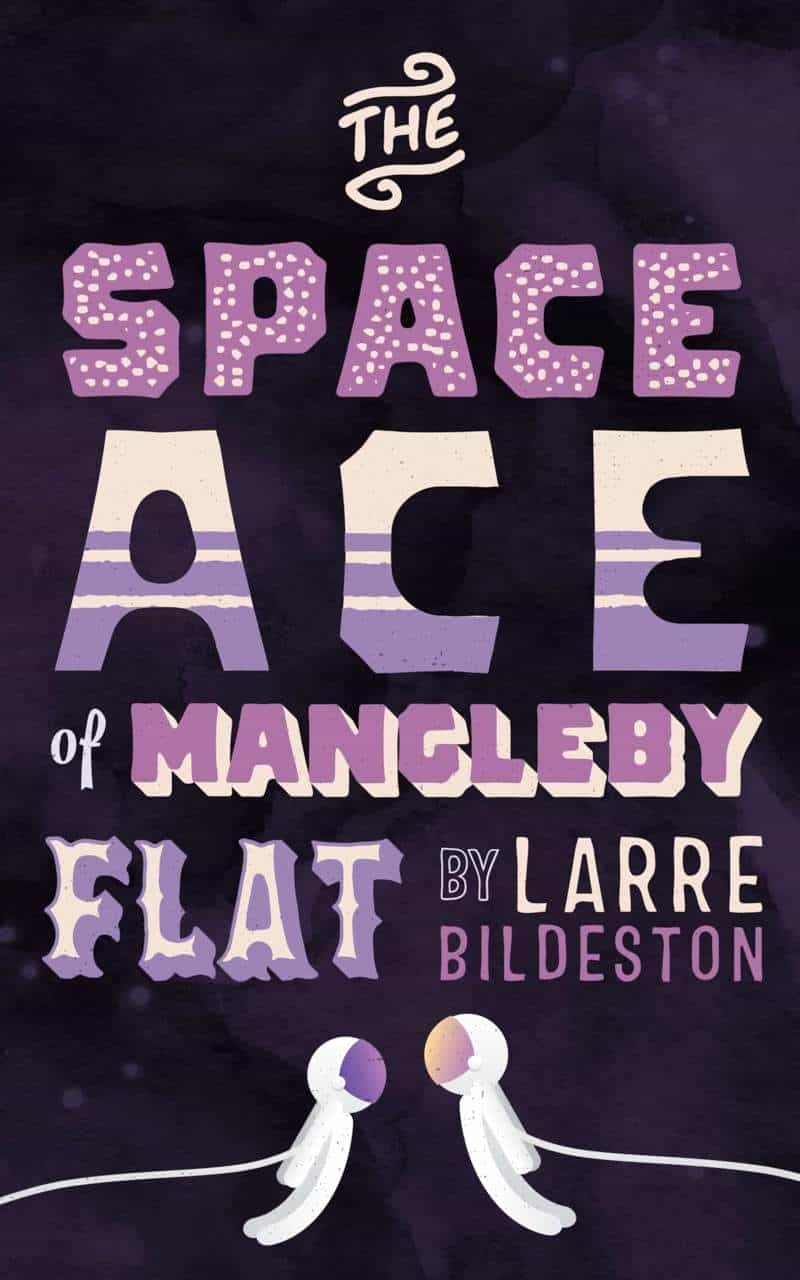When Charles Perrault wrote down the fairy tales he’d collected from the wider culture, he ended each one with a summary which summed up the moral. In many cases, his take on the moral was pretty far from earlier tellings. Perrault wrote in a tongue-in-cheek manner — that much is clear. But as with any kind of humour, his basic beliefs about life and humanity shone through. Perrault was a man of his time. He joked about misogyny, but I believe he meant every word.
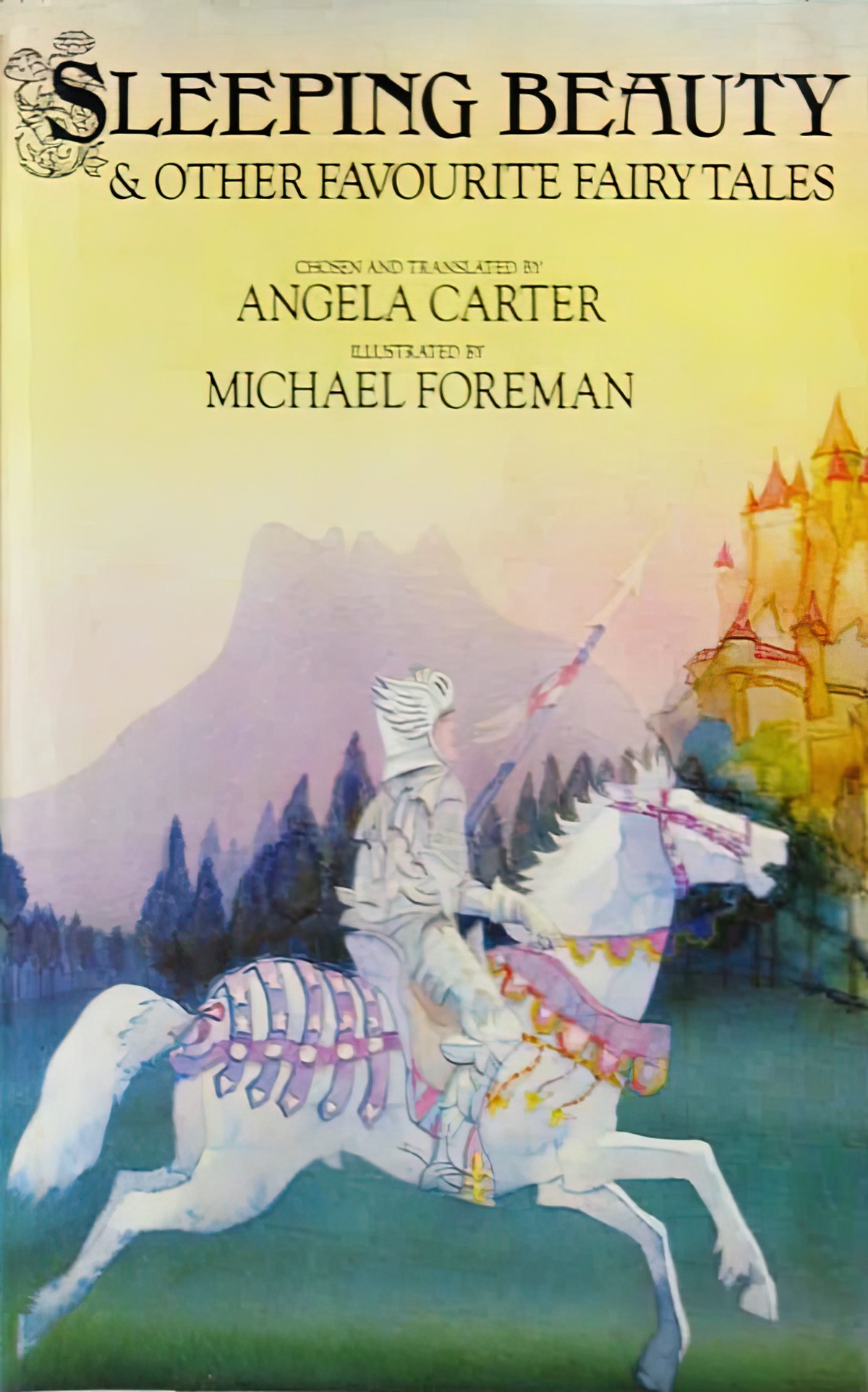
THE SLEEPING BEAUTY IN THE WOOD
When choosing a life partner, look carefully at his family.
See also: Sleeping Beauty And Cannibalism
LITTLE RED RIDING HOOD
If you think you might assault someone, stay out of the fvcking woods.
See also: The Evolution Of Little Red Riding Hood
BLUEBEARD
Ladies, trust your instincts. If you think that old man next door is creepy, don’t let anyone talk you out of it. Also, if your new husband treats you like a child and starts playing mind games with you, get out of there before the shit really hits the fan.
See also: Bluebeard by Charles Perrault, a breakdown of the story structure
THE FOOLISH WISHES
When arguing with the most important person in your life, be careful what you say. Words once uttered can affect your relationship forever.
THE FAIRIES
When women are judged mainly on their looks, it’s not really all that surprising if the most beautiful daughter in a household is ostricised by her embittered female relatives. Nor is it surprising that these women, after a lifetime of discrimination, have become embittered.
It doesn’t matter if pearls and rubies fall out of your mouth; as long as you a beautiful your prince will find you. You don’t need to make any special sort of exertion; just leave home and go wandering through the woods.
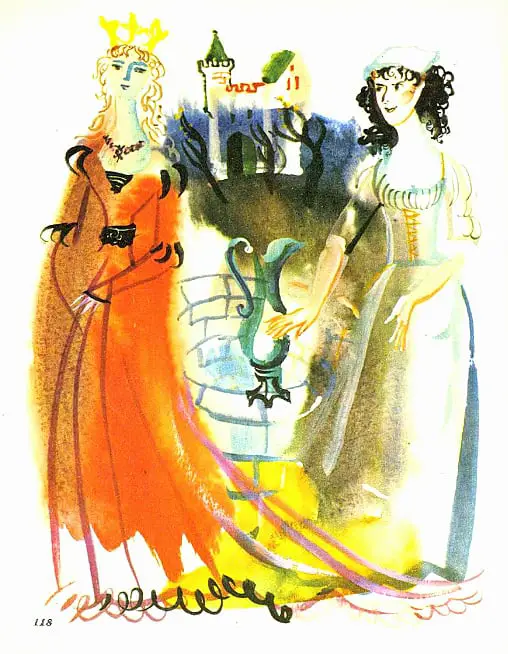
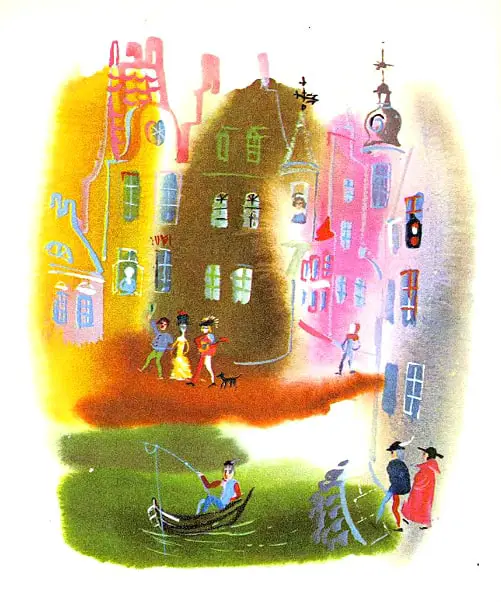
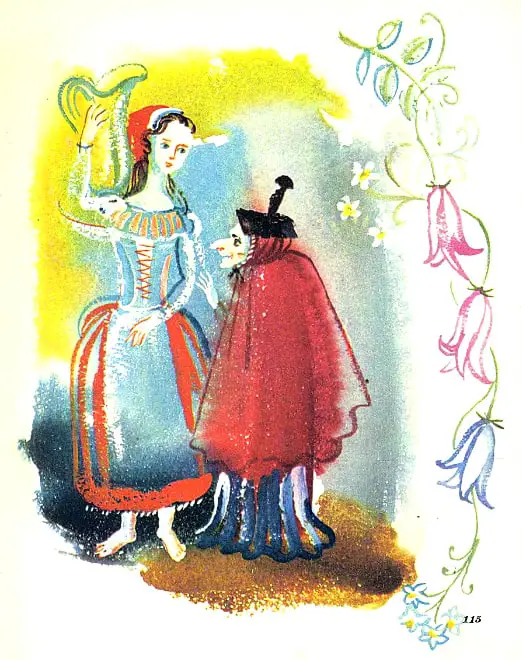
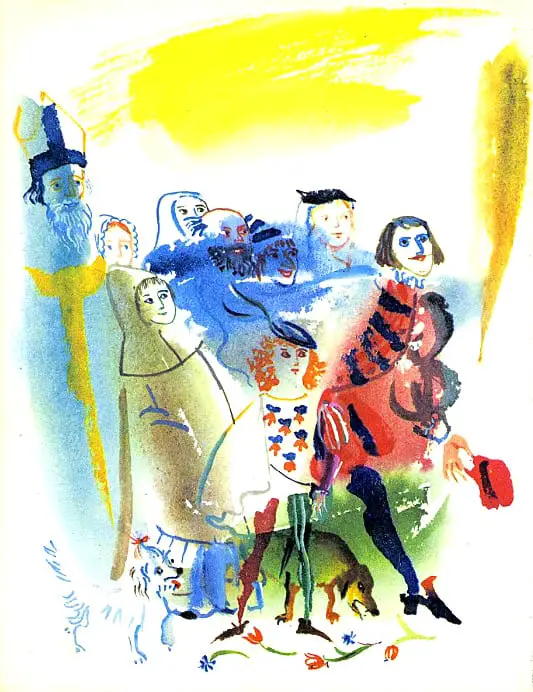
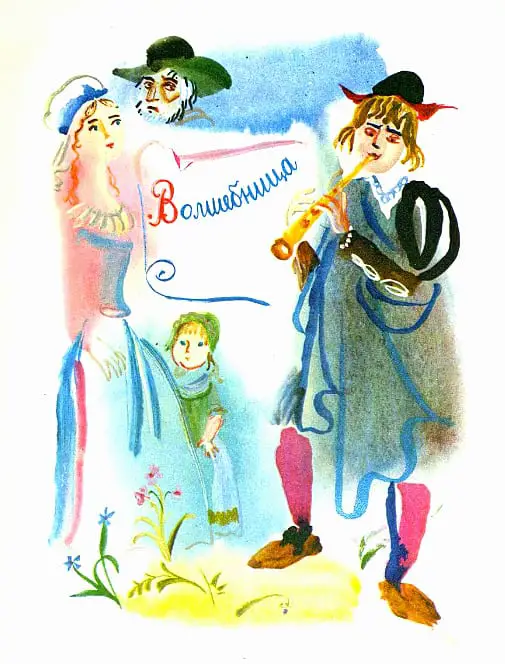
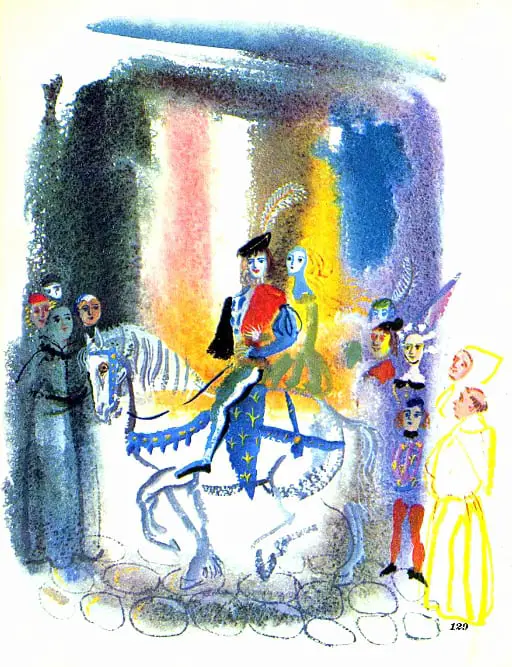
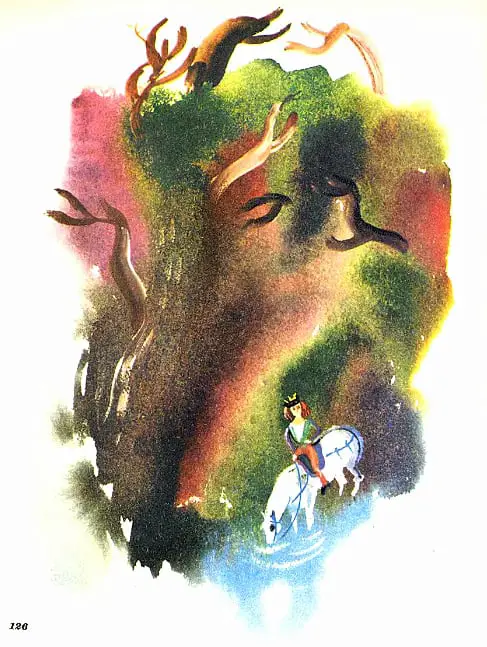
HOP O’ MY THUMB
If your own parents are so nasty that they’ll take you and your siblings into the woods and leave you there to die in a time of famine, you don’t actually owe them anything after that. Make like a Scientologist and cut your ties.
DONKEY-SKIN
If your father wants to ‘marry’ you, get the fvck out of there and everything will eventually be okay.
RICKY WITH THE TUFT
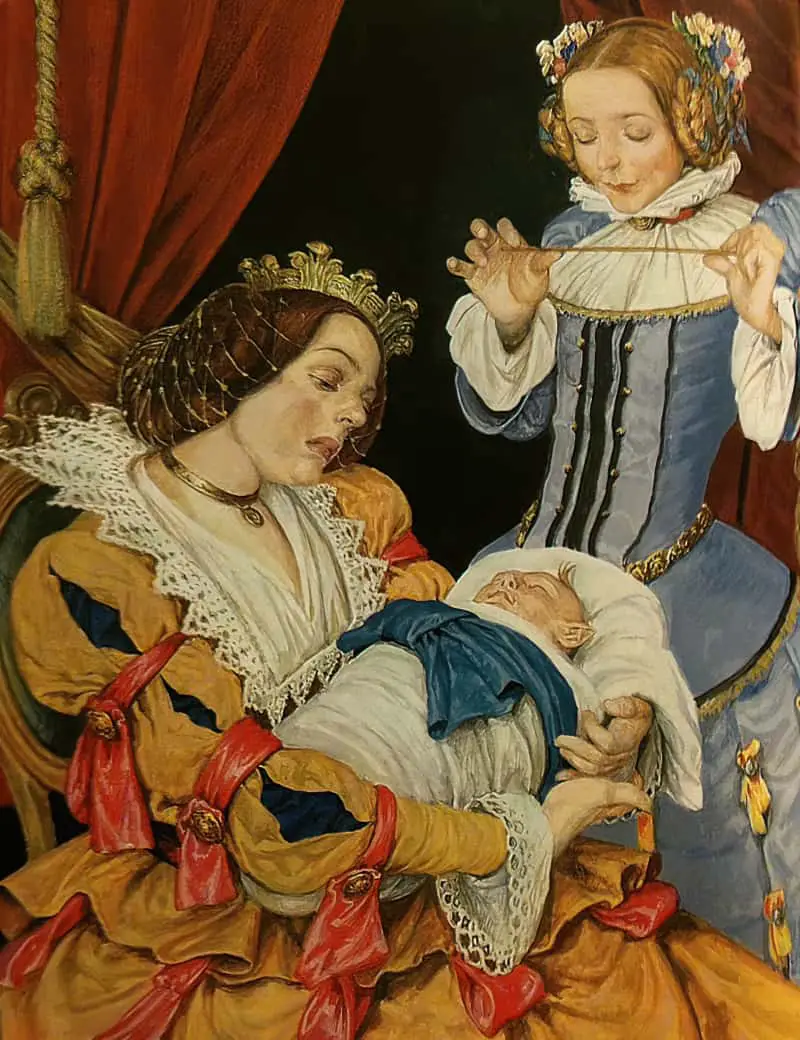
Although men need women to be beautiful (for ‘evolutionary reasons’ or whatever bullshit they feed you these days), women are not to expect their male partners to be equally good-looking. If you’re a woman, your beau can be the ugliest fvcking bastard in the world, but as long as you really really love him, you’ll eventually realise, with no magic whatsoever, everything about him is hunky dory. In other words, women have to conform to the Beauty Standard, but men do not.
The history of fairy-tale selection and adaptation has given far more prominence to male beasts who are afflicted with monstrosity, and then has held up the promise of redemption through love for them: the beast himself from ‘Beauty and the Beast’, who is restored to his human shape, or ‘Riquet a la houppe’ (Ricky with the Tuft’), in one of Perrault’s stories, who teaches the giddy heroine to love him for his mind, in spite of his looks. In more recent interpretations, such as the film of The Phantom of the Opera, or Mask, and The Elephant Man (directed early in his career by the aficionado of the macabre, David Lynch), the ‘monster’ solicits sympathy in the midst of exciting distress, horror and alarm.
[…]
A crucial distinction between Renaissance grotesque and [the] Counter-Enlightenment derivative can be made in terms of the response. […] The grotesque style has undergone a change and expanded its reach. The treatment of monsters in fairytales, first fora n adult readership in the late seventeeth century, and progressively for a young audience thereafter, has contributed decisively to this shift in taste. The anti-heroes of popular stories, like the ugly suitor in Charles Perrault’s fairy tale of 1697 (Ricky With The Tuft), of the hissing Great Green Worm in marie-Catherine d’Aulnoy’s tale of that name, offer a vision of the monstrous redeemed by the grotesque. Fantasy beasts may ape human beings in order to mock them, but representations stage their presence in order to think with them, through them, about what it means to be human,
Marina Warner, No Go the Bogeyman
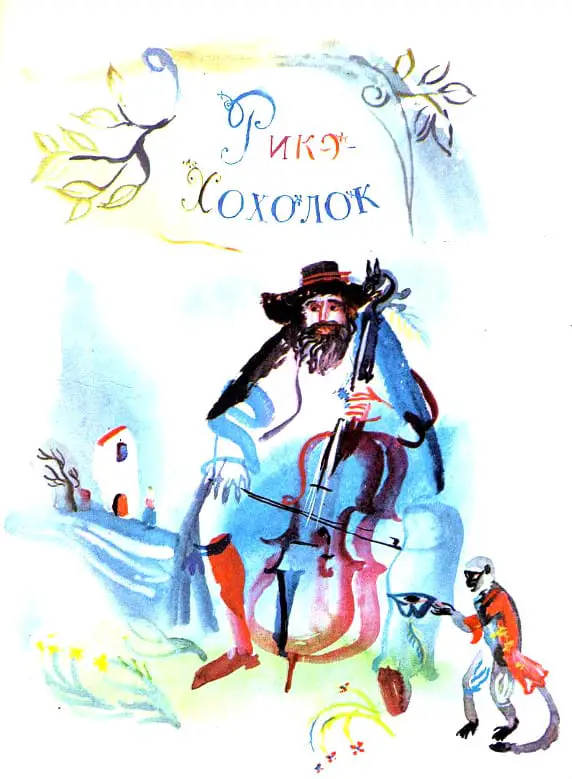
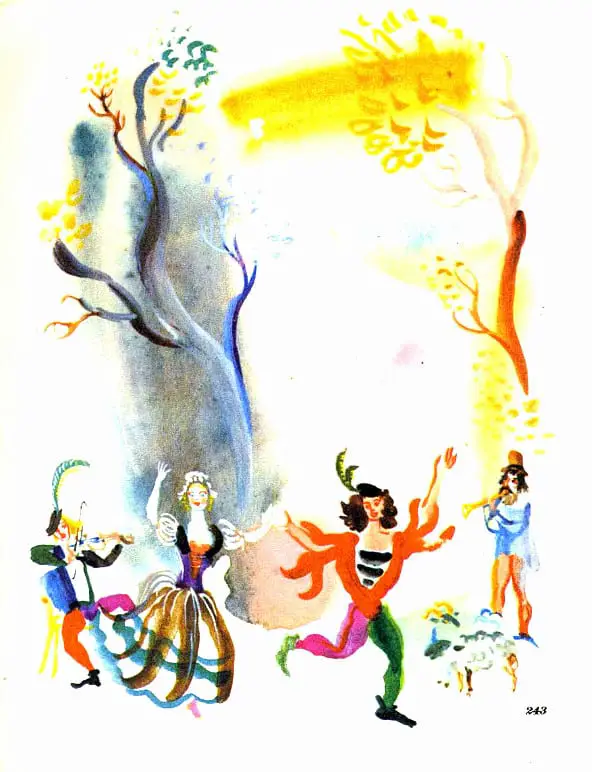
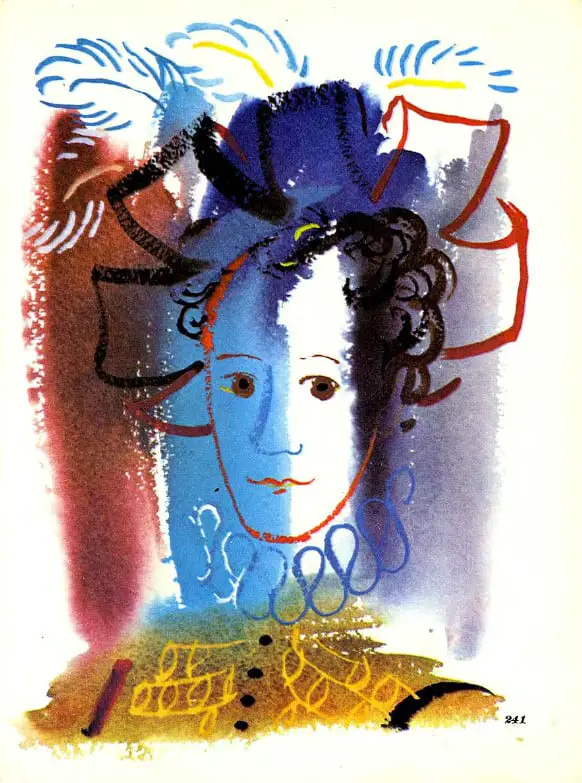
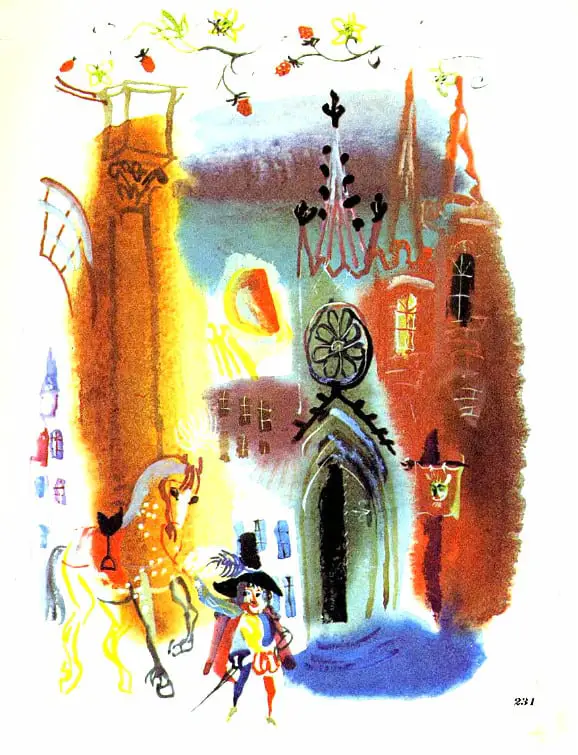
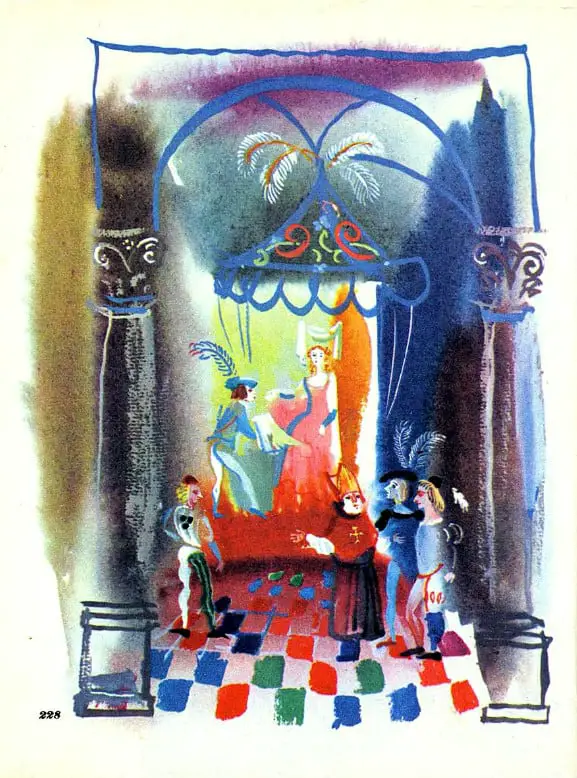
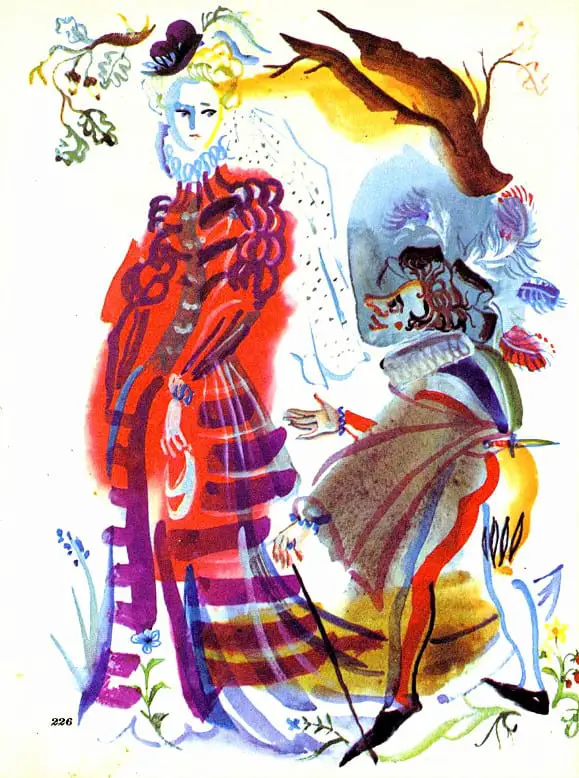
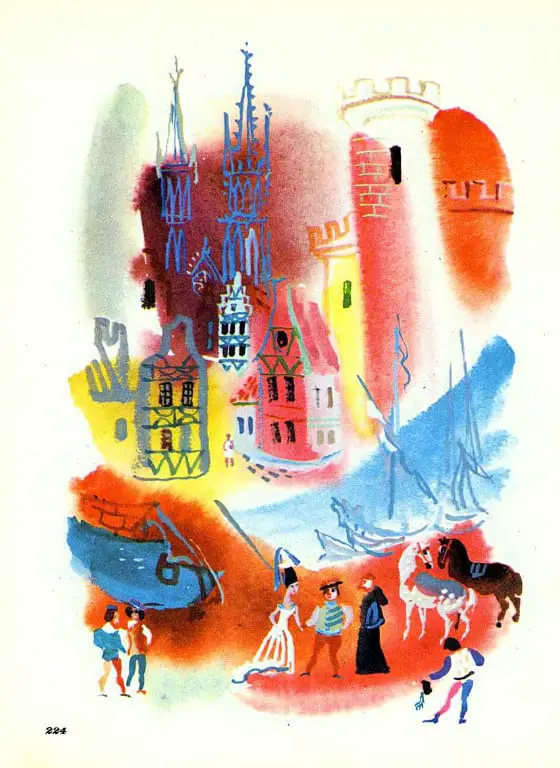
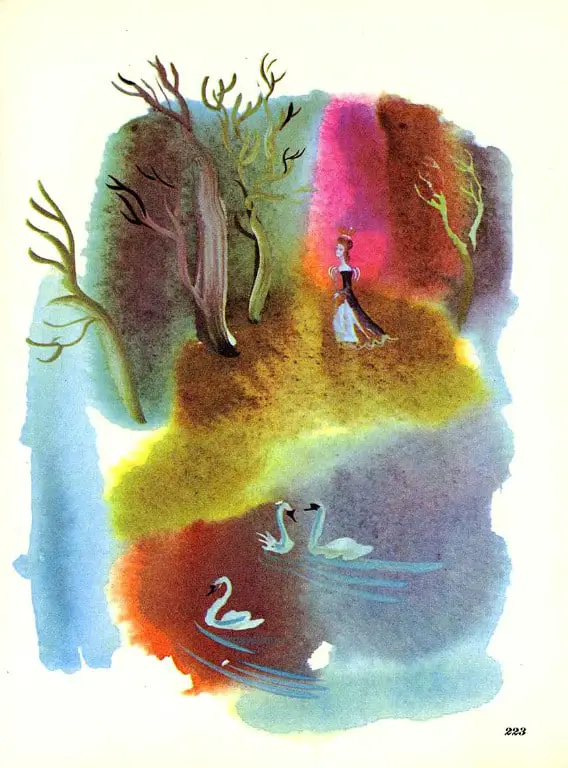
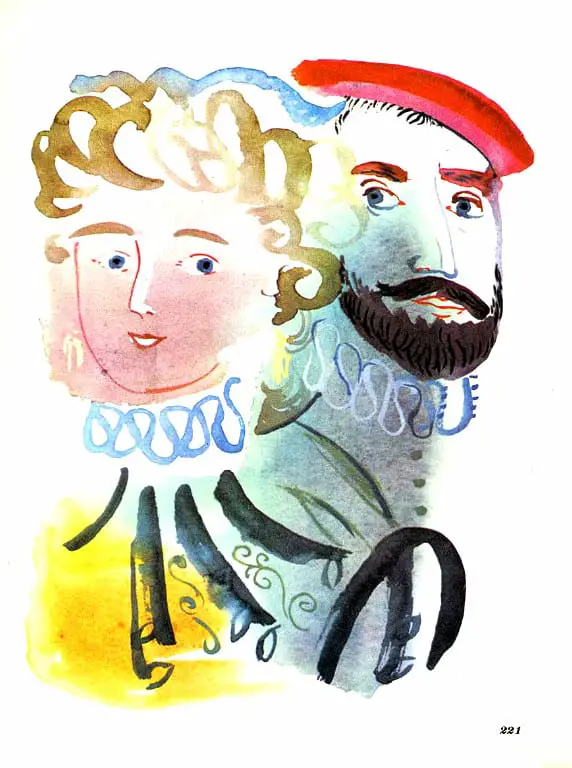
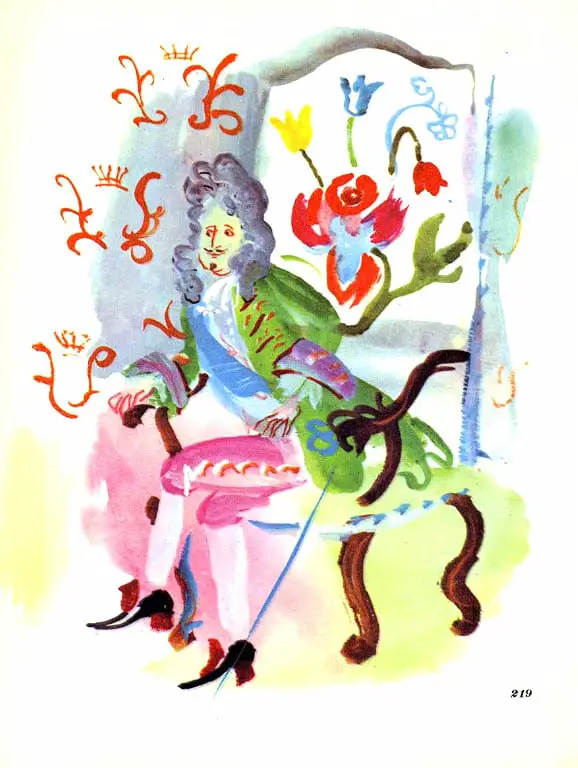
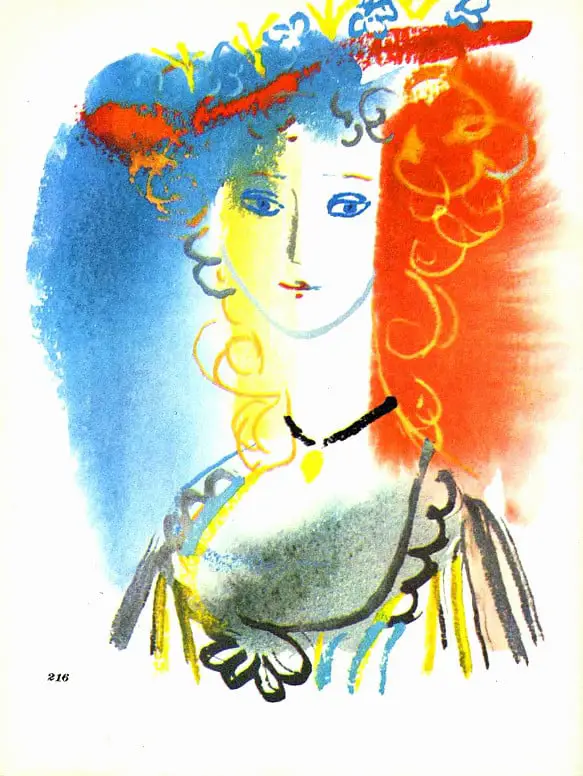
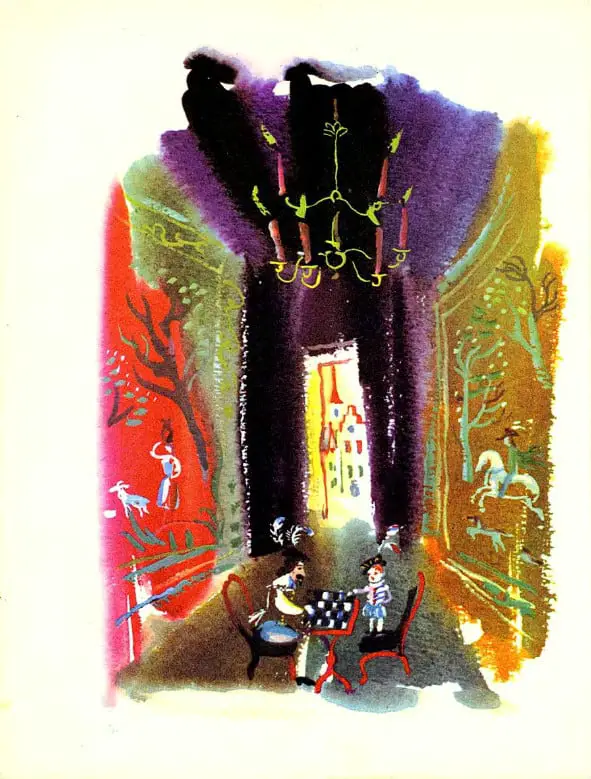
CINDERELLA; OR THE LITTLE GLASS SLIPPER
You’re more marriageable if you’re both charming and beautiful. Even better if you’re rich, but two out of three will suffice. You may even attract a prince. But do you really want a husband who’s chosen you for your beauty, your lifelong acculturation as a compliant doormat, and your smaller than average feet?
See also: The History And Influence Of Cinderella
